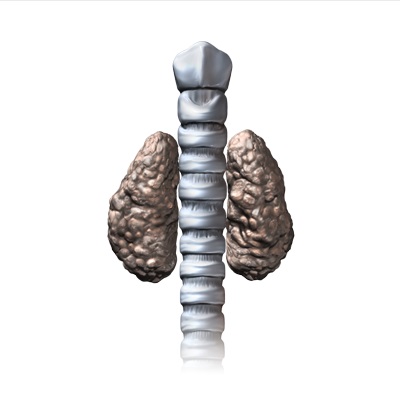Hyperthyroidism

Thyroid glands are present on either side of the windpipe in the neck. They regulate the body’s metabolism by secreting thyroid hormones. Older cats may develop hyperthyroidism or enlargement of the thyroid gland. The enlarged thyroid gland becomes overactive and produces thyroid hormone in excess. Thyroid gland cancer is rare in cats and the cause of it is not identified yet. The overproduction of the thyroid hormone results in increased metabolic rate which is compensated by the body by increasing the heart rate so that it delivers the nutrients to the body tissues to regain the lost energy. Cats suffering from hyperthyroidism show symptoms like increased appetite, vomiting, diarrhea, frequent urination, and certain behavioral changes. Physical examination involves the examination of the cat’s neck area to detect the enlarged thyroid gland. Blood work is done to determine the thyroid hormone levels in the blood. Treatment options include:
- medication- anti-thyroid drugs
- radioactive iodine therapy- destroys the abnormal thyroid gland
- thyroidectomy -surgical removal of the gland
- dietary therapy- Dietary restriction of iodine
